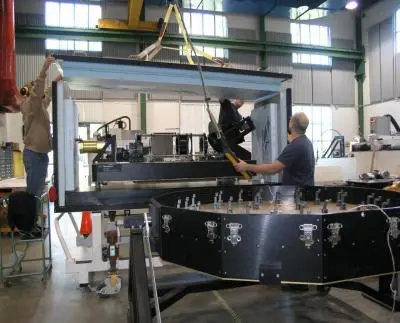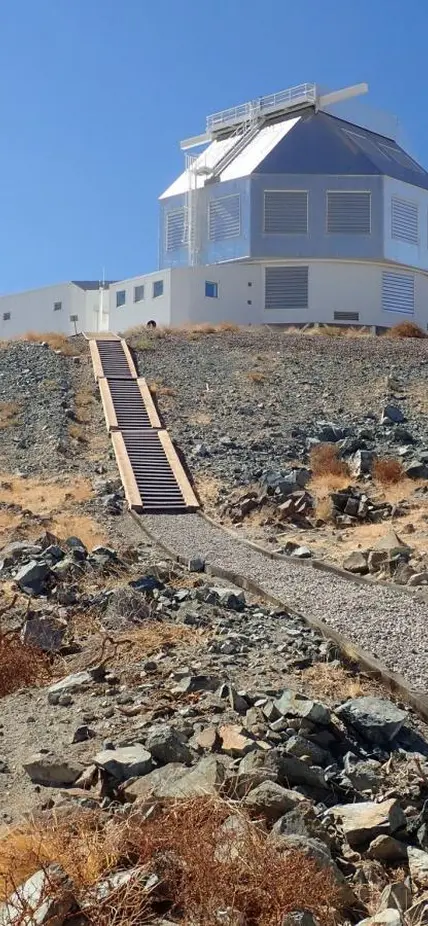Washington, DC— An anonymous bequest of $34.8 million will enable Carnegie to continue to play a leading role advancing the frontiers of astronomy and astrophysics. The largest gift to the Institution since it was founded by Andrew Carnegie, this new fund will support staff and instrumentation at the Carnegie Observatories.
“Since George Ellery Hale built the first telescope on Mount Wilson, Carnegie has played a forefront role in some of the most important astronomical discoveries of the modern era,” said Carnegie President Eric D. Isaacs. “This transformative gift will empower new generations of Carnegie astronomers to reveal the physics that underpins the cosmos. It provides a foundation for the next era of Carnegie astronomy—one that will be as exciting and impactful as our first century.”

The bequest will support new research at the Carnegie Observatories, which will include new staff—the first expansion of the number of scientist positions since the days of Edwin Hubble—with a particular focus on individuals who will use or develop instruments for Carnegie’s Las Campanas Observatory in Chile.
The gift will also support the development of new instruments that will enhance the abilities of Carnegie’s twin Magellan telescopes, as well as the Giant Magellan Telescope when it comes online. The Carnegie Observatories is a rare institution with an on-site machine shop, enabling observational astronomers, theorists, engineers, and machinists to work in close collaboration, developing the tools that will open new doors to discovery.
“Current and future Carnegie Observatories astronomers will benefit from this anonymous donor’s generosity, which will push our work to the cutting edge, allowing us to reveal the universe in never-before-seen detail,” said Observatories Director and Carnegie Science Deputy John Mulchaey.
Added Craig Barrett, Chairman of Carnegie’s Board of Trustees: “This is an excellent example of the tremendous power of philanthropic giving. A single individual’s investment in astronomy will be felt for decades to come, both at Carnegie and throughout the scientific enterprise.”
